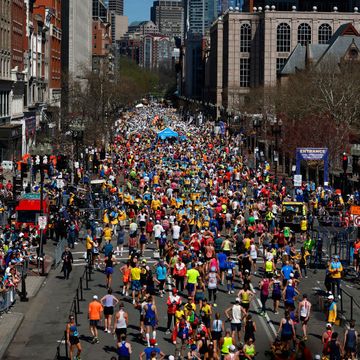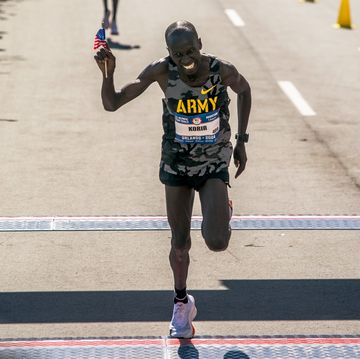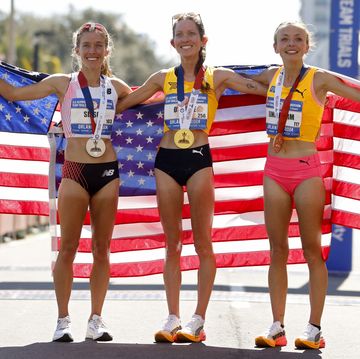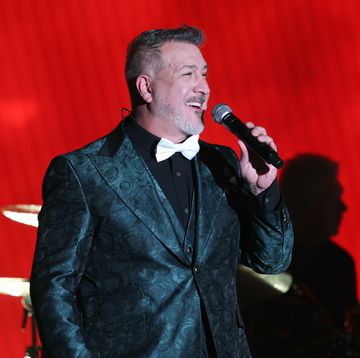Seventh grader Memphis Zabawa is healthy and back in the game now, but last month, he collapsed with an asthma attack during a cross-country race and went into cardiac arrest. He could have died if it weren’t for the quick lifesaving actions of watchful bystanders.
Zabawa’s father, Justin, told KETV News that as he watched his son run that day, “He looked like he was running slow,” and “His feet looked heavy.”
The National Weather Service shows that in the days leading up to the race in Omaha, the air quality was in the unhealthy zone, which wouldn’t be a huge concern for some children, but Zabawa has asthma. He doesn’t remember much of what happened on race day after the start, but fortunately, his unsteady gait caught the attention of a spectator. Julianne Gray, a teacher at a different school, was at the meet watching some of her students compete, and when Zabawa and two of his friends came around the corner, she thought something was off.
“I looked at them thinking, ‘Memphis isn’t OK,’” she told KETV News.
Gray had been about to leave the event but stuck around to make sure Zabawa would be alright. Moments later, he collapsed. Gray and a friend ran to his aid; she says he had a heartbeat at the time, but was struggling to breathe. He’d turned blue and his lips were purple. The teacher alerted the athletic director to the situation and called 911.
A nearby parent, who was also a nurse, joined the fray and began chest compressions on the 12-year-old while Gray alternated rescue breaths. Justin Zabawa had seen his son’s coach running past and knew something was wrong. By the time he got to Zabawa, he was being given CPR. “It’s something you don’t want anyone to go through,” he said to KETV.
It’s lucky that some schools require that teachers and coaches receive CPR and first aid training, otherwise Gray wouldn’t have been equipped to help Zabawa as she did. “I never thought I’d be in a position to do CPR and go through those measures on a 12-year-old,” she said to KETV.
The Zabawa family is grateful for all the things that were working in Memphis’ favor that day, like the fact that there was a football game—with an ambulance and first responders at the ready—happening right across the street from his cross-country race. Due to their proximity, the paramedics were able to arrive within minutes and attach an AED.
“I watched them continue CPR and they had to deliver shocks,” Gray recalls. “It was terrifying.”
At the hospital, Zabawa was intubated for 16 hours, but aside from a sore throat, he sustained no permanent damage. “Honestly, it’s a miracle that he’s here and OK,” said his mother, Erin Zabawa, to KETV. “Because of how fast everybody responded—that’s why he doesn’t have any brain damage.”
Zabawa was back to running and playing soccer after just a few weeks, and his parents say his lung tests are even higher than they were before the incident. The whole experience has filled them with gratitude and made them passionate about CPR training. They hope more people will get trained and not be afraid to take action when someone is in trouble.
To put it in stark terms, the American Heart Association reports that “less than eight percent of people who suffer cardiac arrest outside the hospital survive.” However, “effective bystander CPR provided immediately after sudden cardiac arrest can double or triple a victim’s chance of survival.”

Abby Carney is a writer and journalist in New York. A former D1 college runner and current amateur track athlete, she's written about culture and characters in running and outdoor sports for Runner's World, Like the Wind Magazine, The New York Times, and other outlets. She also writes about things that have nothing to do with running, and was previously the editor of a food magazine.













